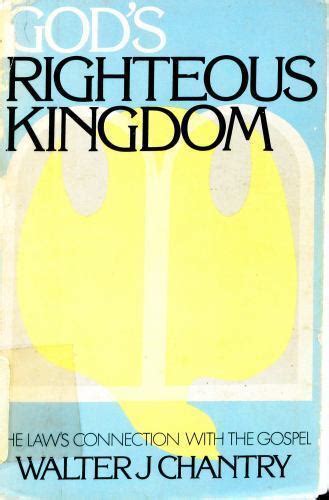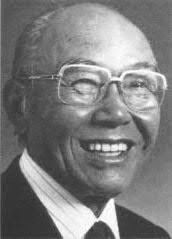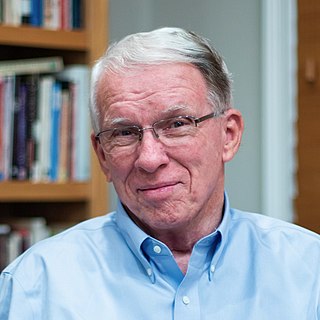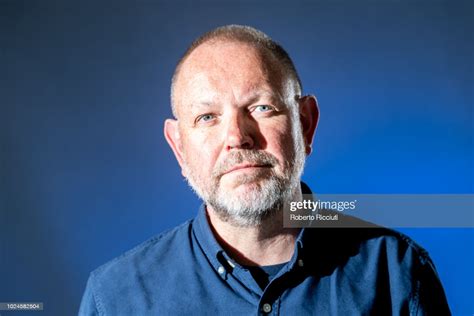A Quote by Walter J Chantry
The sinful emotions are stirred most deeply by self-love.
Related Quotes
A sentimentalist is one who delights to have high and devout emotions stirred whilst reading in an arm-chair, or in a prayer meeting, but he never translates his emotions into action. Consequently a sentimentalist is usually callous, self-centred and selfish, because the emotions he likes to have stirred do not cost him anything.
Every one of our sinful actions has a suicidal power on the faculties that put that action forth. When you sin with the mind, that sin shrivels the rationality. When you sin with the heart or the emotions, that sin shrivels the emotions. When you sin with the will, that sin destroys and dissolves your willpower and your self-control. Sin is the suicidal action of the self against itself. Sin destroys freedom because sin is an enslaving power.
There are only two emotions: love and fear. All positive emotions come from love, all negative emotions from fear. From love flows happiness, contentment, peace, and joy. From fear comes anger, hate, anxiety and guilt. It's true that there are only two primary emotions, love and fear. But it's more accurate to say that there is only love or fear, for we cannot feel these two emotions together, at exactly the same time. They're opposites. If we're in fear, we are not in a place of love. When we're in a place of love, we cannot be in a place of fear.


































